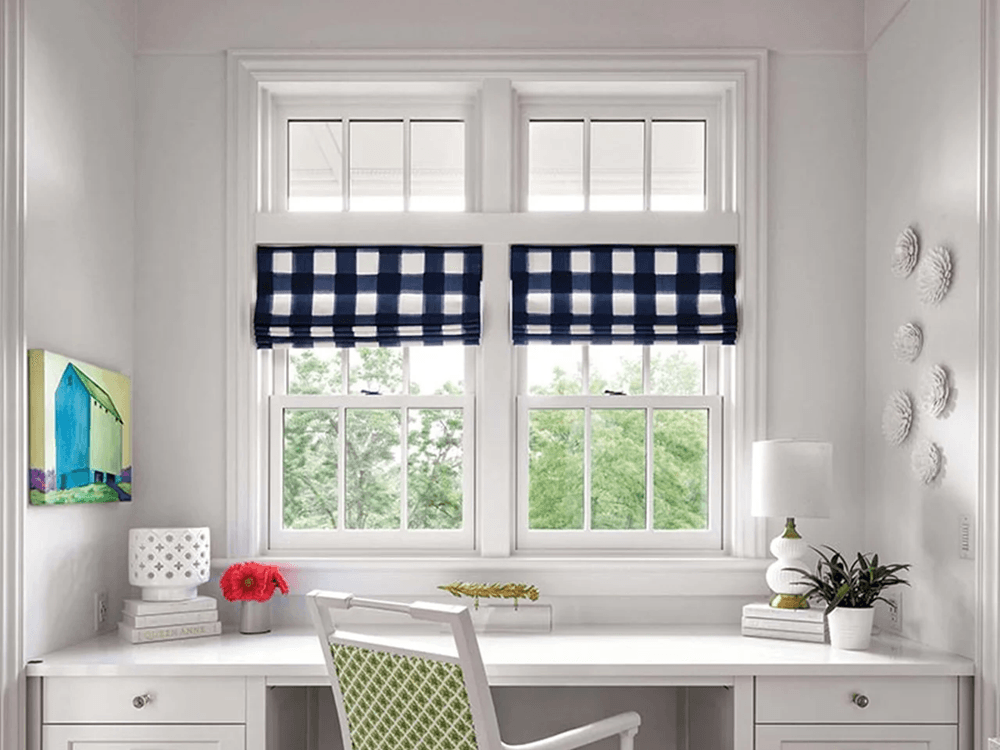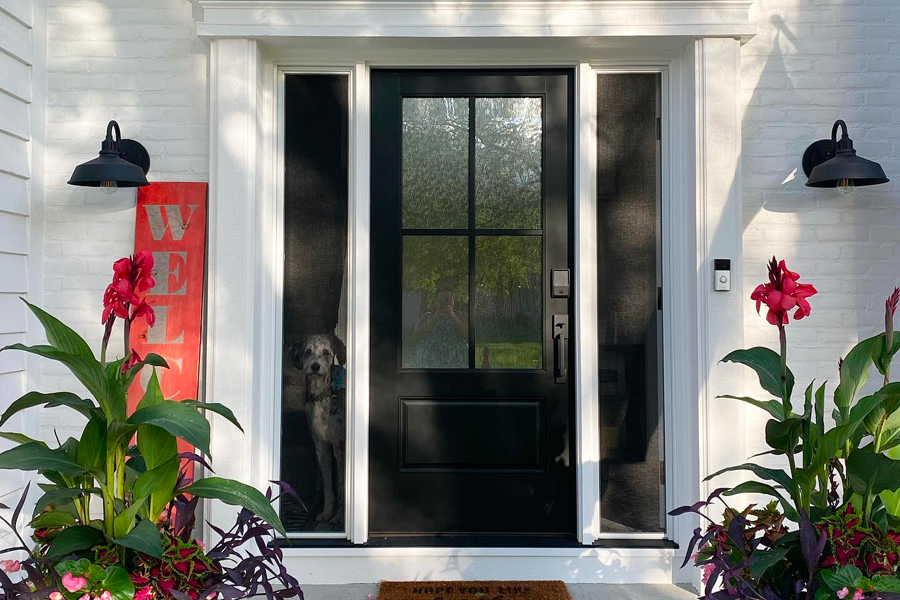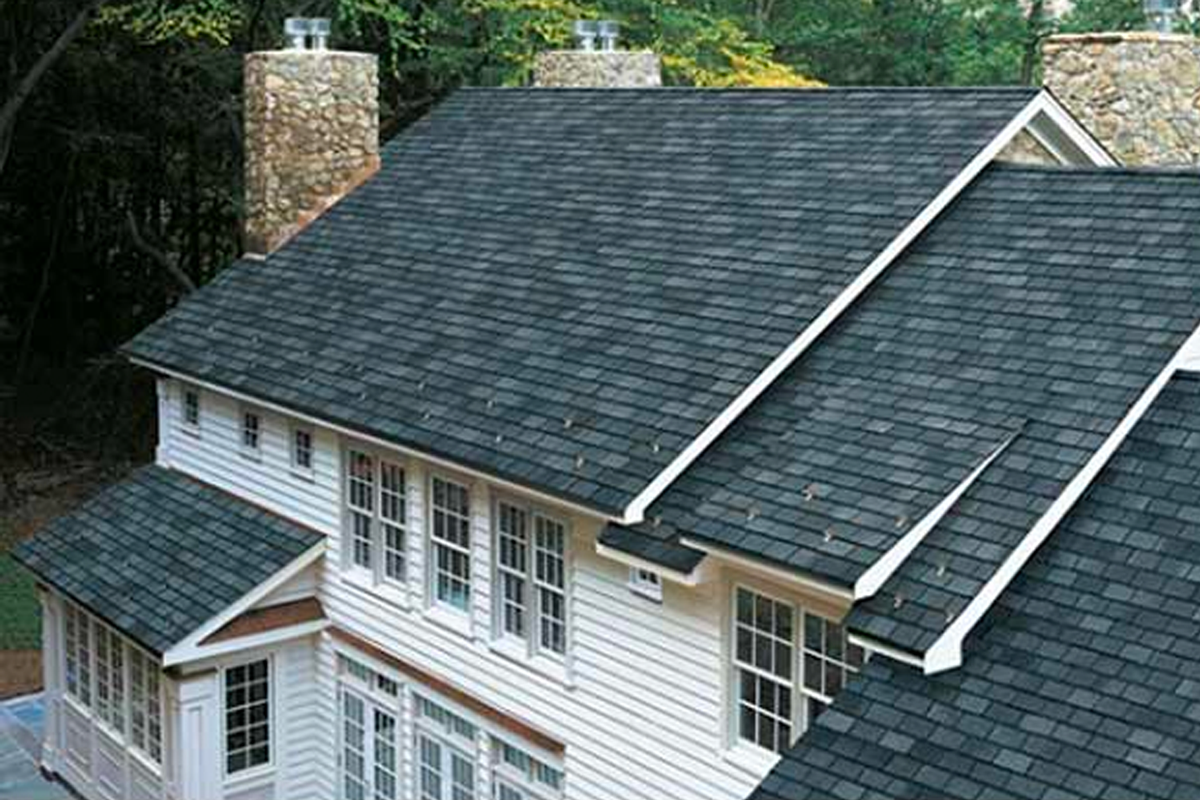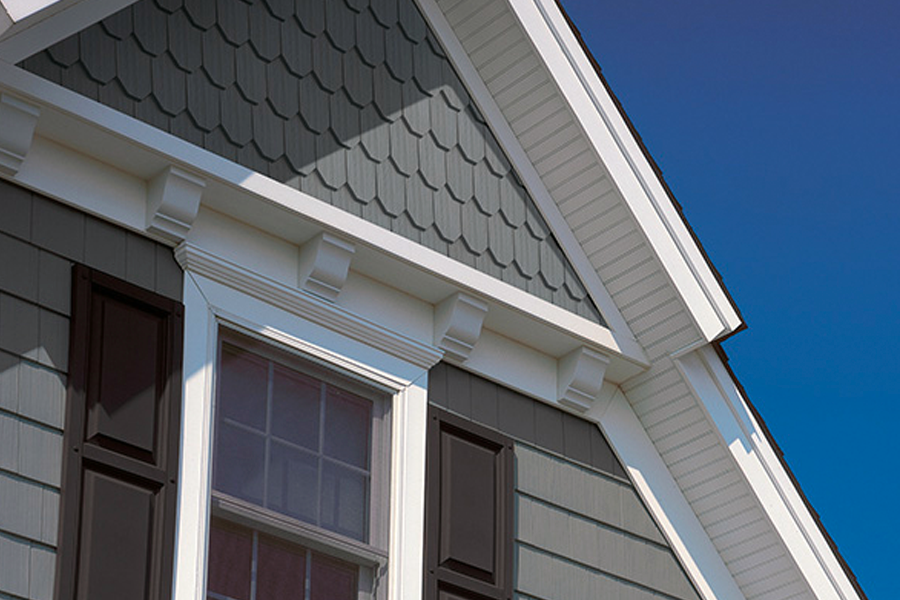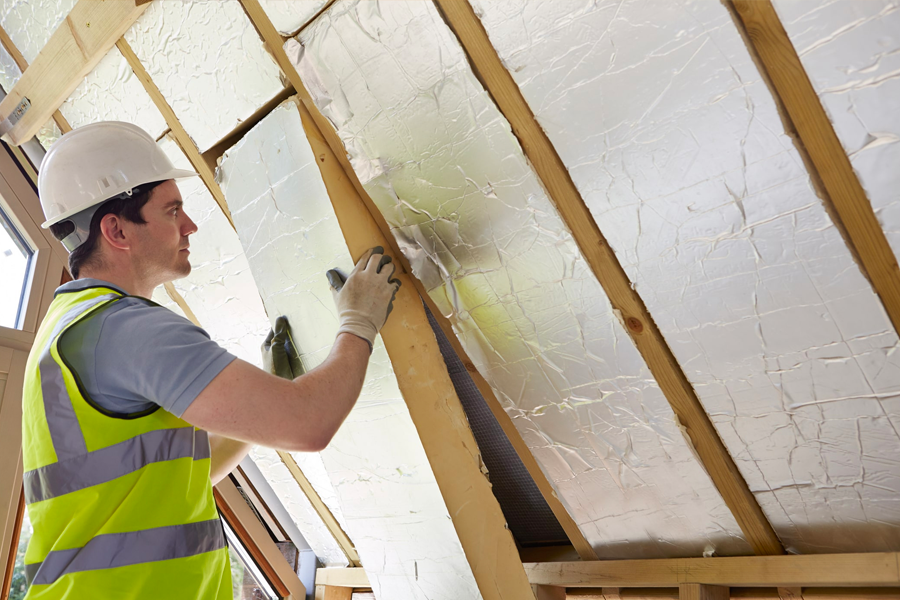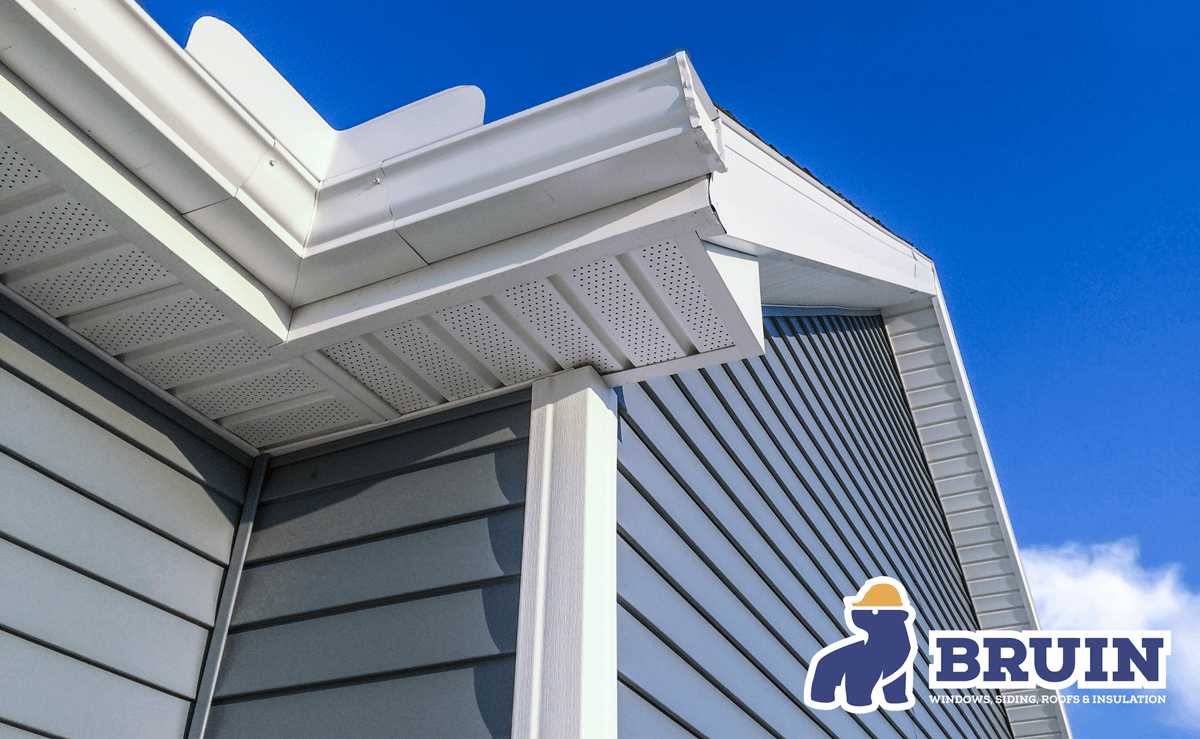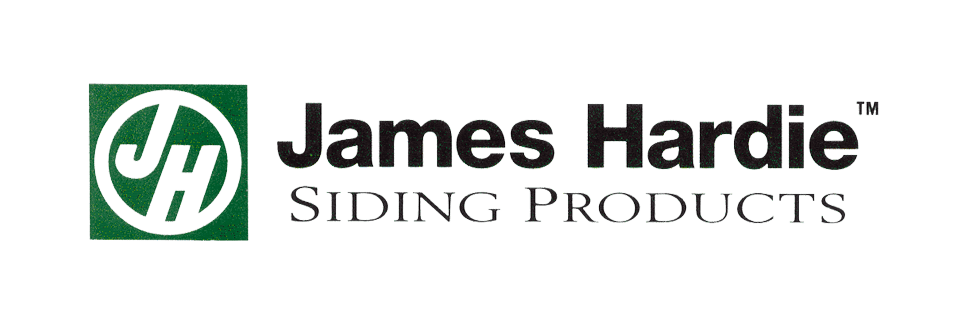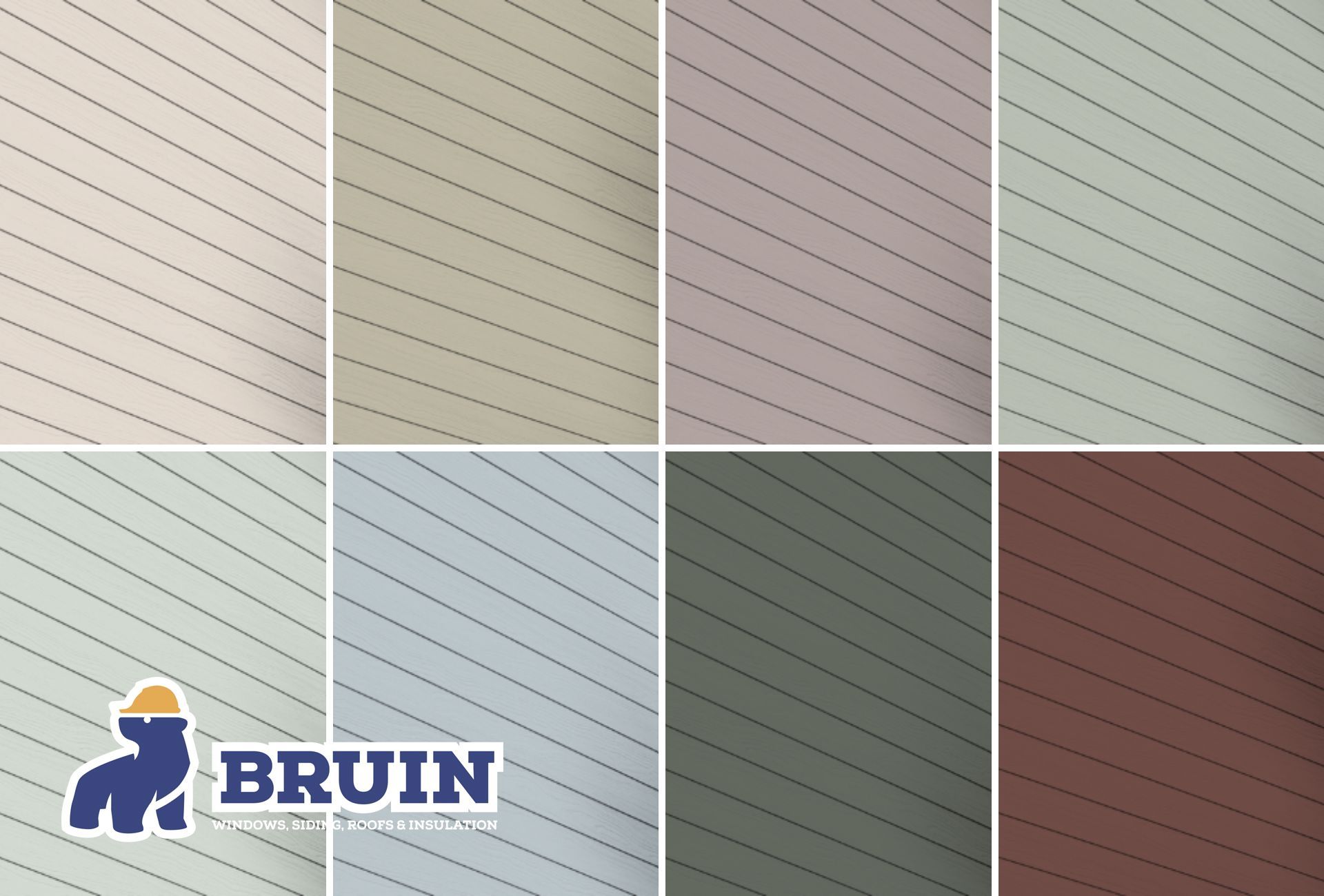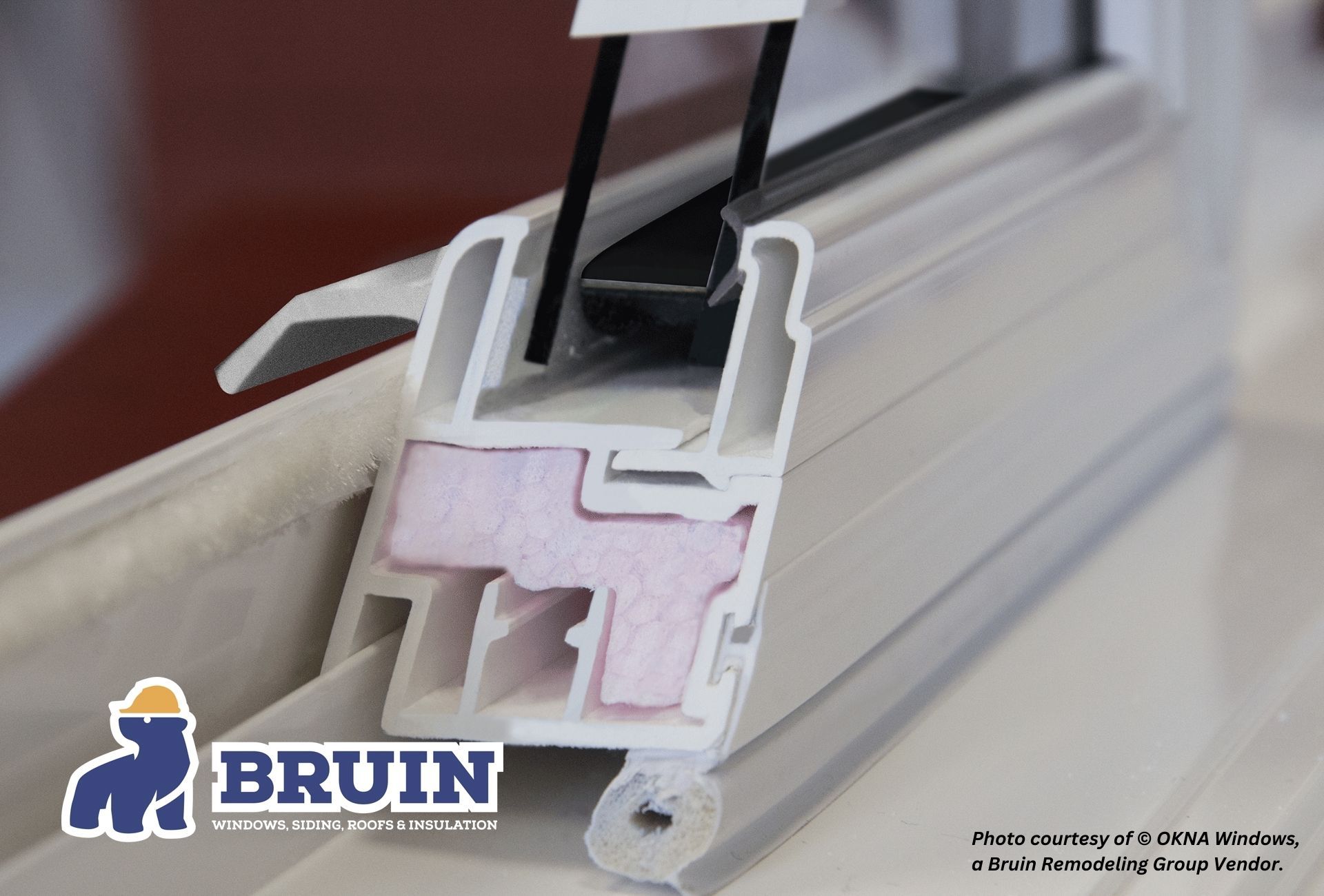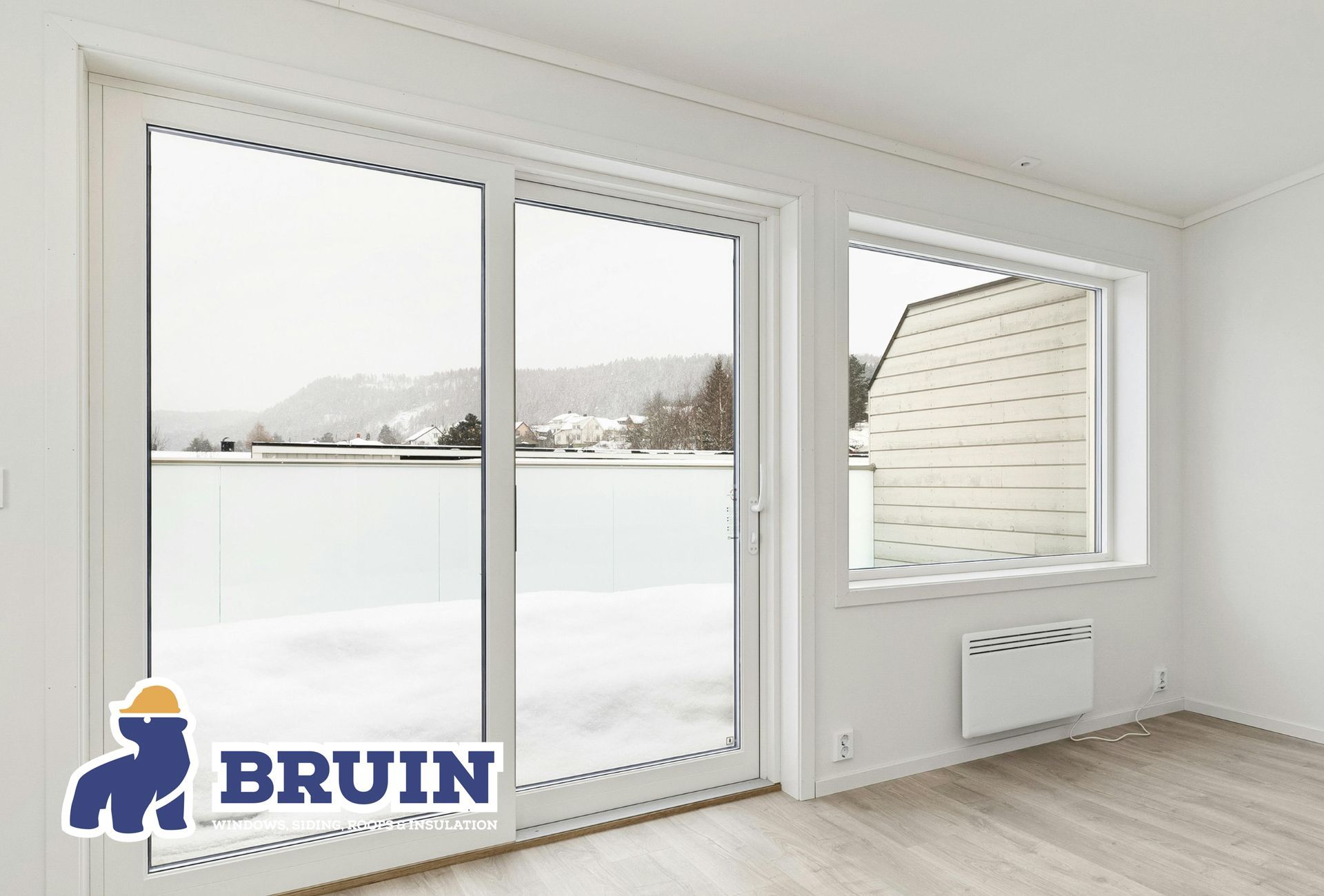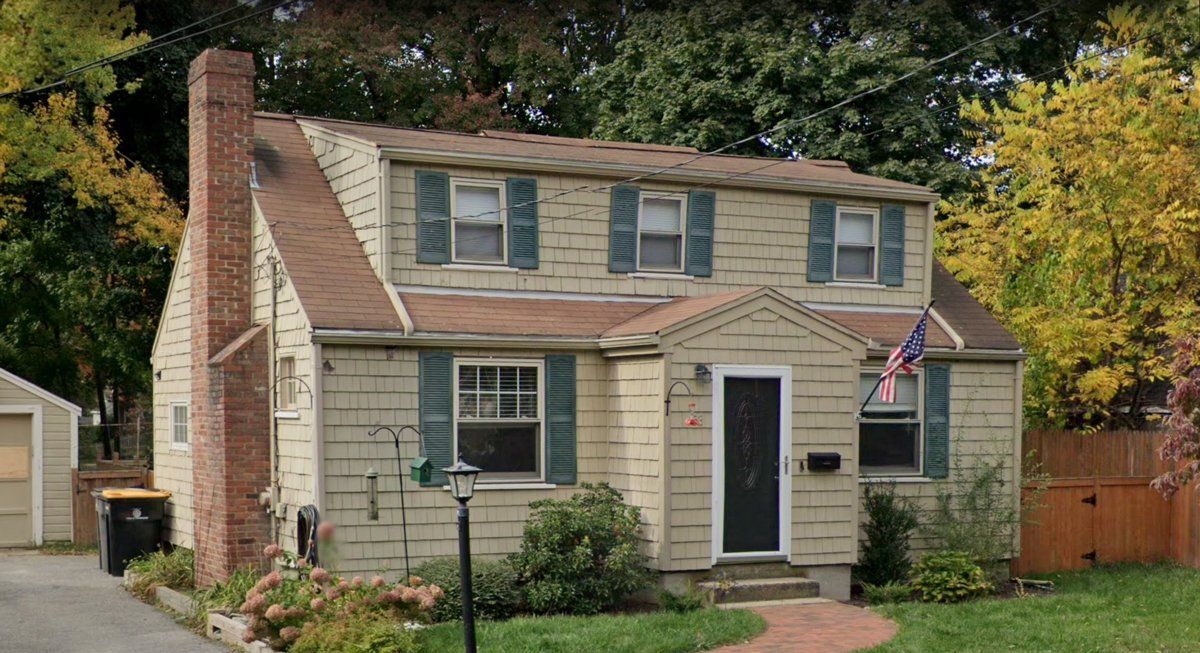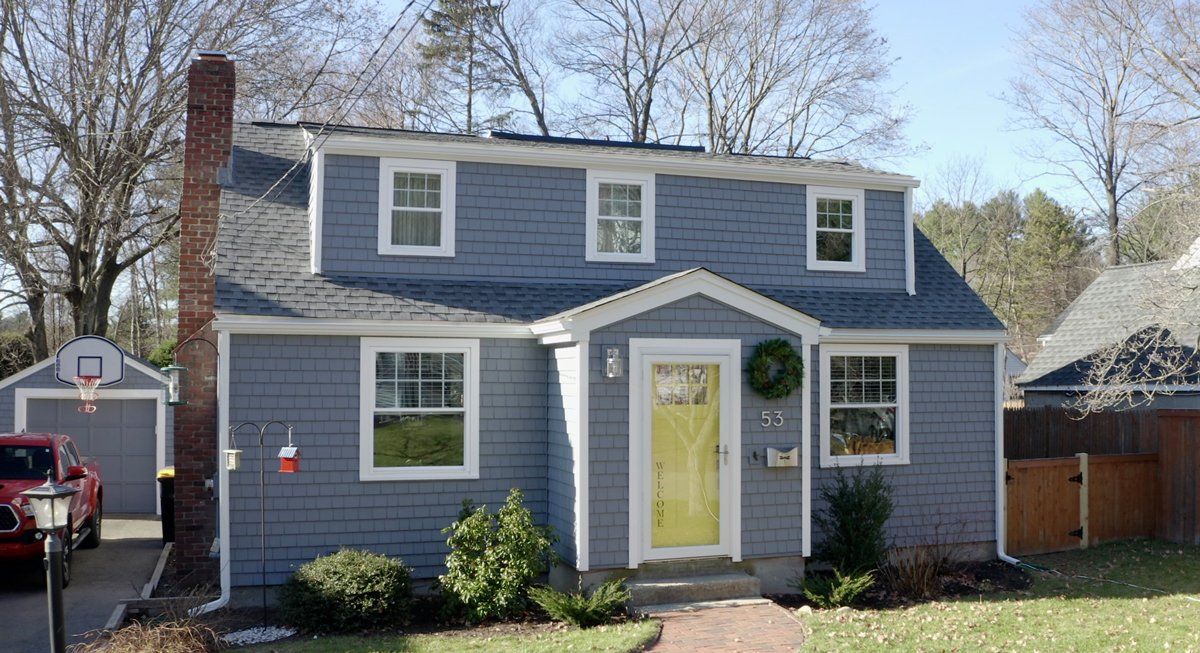Why Choose Vinyl Siding?
Replacing Wood siding with Vinyl siding is perhaps the most common choice for homeowners, and this type of siding is also the most widely available. Modern siding options include Insulated Vinyl Siding, Vinyl Board and Batten Siding, Vinyl Shake Board and Batten Siding. It’s affordable, durable, and a proven way to protect homes. Its flexibility makes it a good choice, although its simplicity does not make your home stand out from other homes on the block. Recent siding innovations have resulted in new alternatives that offer more than what is possible with vinyl siding.
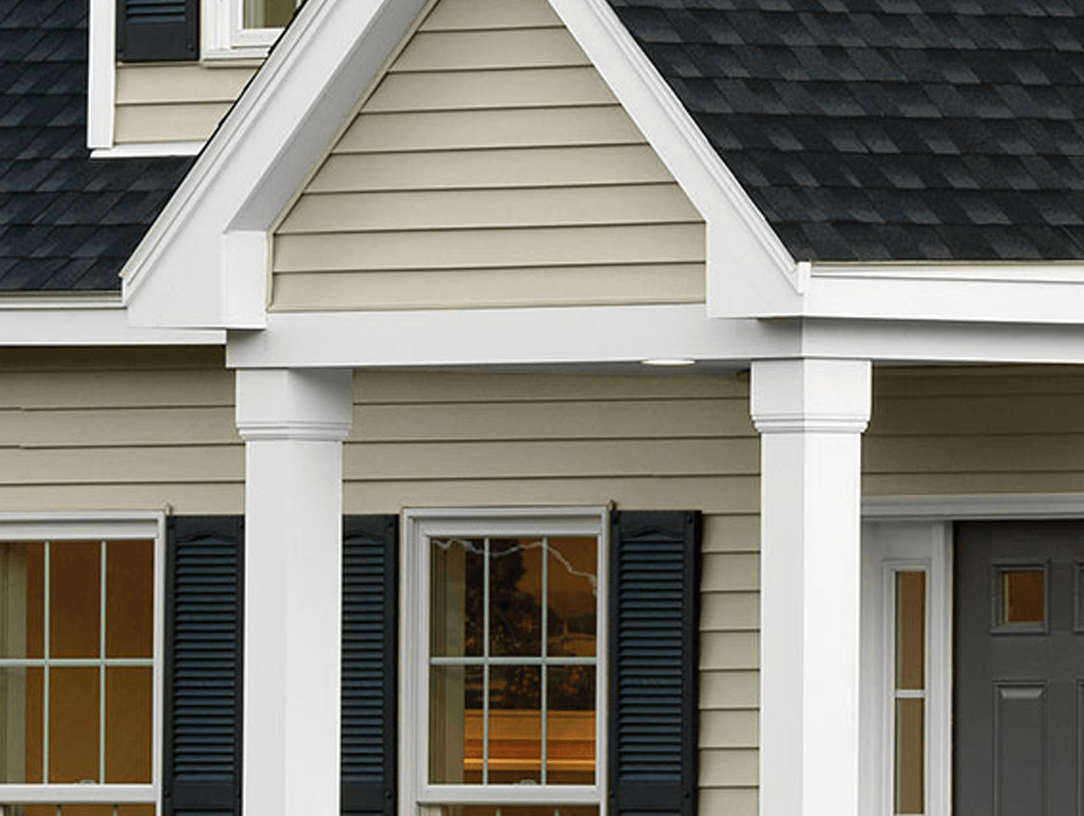

Vinyl Siding – Pros
- Vinyl Siding is Budget Friendly - the price point attracts homeowners and rental property owners. The attractive price makes re-siding more feasible for many.
- Low Maintenance - When it comes to painting your siding, as many say, “If it’s vinyl, it’s final.” Vinyl siding doesn’t need to be repainted, giving you long lasting color to enjoy. It is more durable than wood siding, which needs to be repainted regularly. And it’s easier to care for than cedar shake siding, which needs to be treated regularly.
- Long Lasting - With proper care, vinyl siding can last 15-30 years. Vinyl siding's slick surface means that dust, cobwebs, and other debris slide-off relatively easily when sprayed down with a garden hose.
Vinyl Siding – Cons
- Long-Term Value - On the front end, it does make financial sense to cover your old, peeling wood siding with fresh inexpensive vinyl siding. However, this addition can lower your homes value.
- Cracking & Denting - Cold temperatures can sometimes cause vinyl siding to crack, and it can be dented with the flick of an unwanted rock from the lawnmower.
- Moisture Below the Surface - The main purpose of cladding, like roofing, is to keep water out of your house. Wood siding and other traditional cladding materials allow the wall to breathe; water vapor may move through the wall construction, but it can escape during colder weather. However, vinyl siding is typically installed over a layer of styrene insulation board, which may trap the water vapor within the cavity of the wall.
What Are The Better Alternatives to Vinyl Siding?
At Bruin Corp. our expert replacement siding team recommends composite siding for optimal protection against the New England elements.
Composite Siding is highly water resistant and impermeable to wood-boring insects. You also get a limited lifetime warranty that caters to material defects such as cracking, chipping, and peeling. The warranty covers fading and extends to hail damage if your insurance doesn’t cover it. Everlast Siding Products have an advanced technology that means your siding will never swell, bow, rot, expand, or contract – maintaining your home’s beautiful exterior, for life.
Learn more about our recommended Composite Siding products by clicking here:
Everlast Siding Products
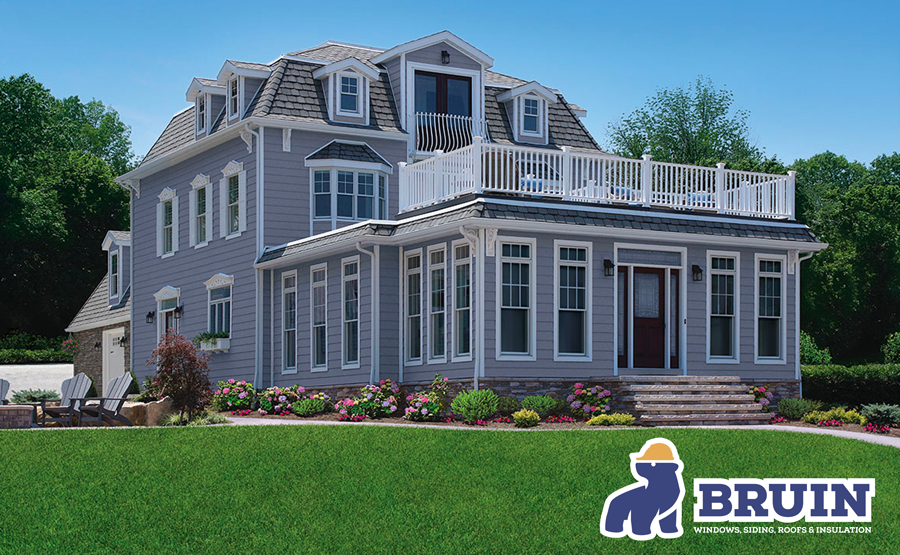
Connect with our home improvement team
